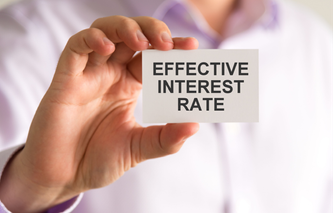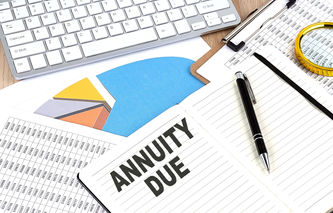Definition
The term future value is used to describe the worth of an asset at a later time. Future value is a nominal sum of money received in the future, assuming a given rate of interest earned.
Calculation
Future Value (Simple Interest Formula) = PV x (1 + (R x T))
Where:
PV = the present value of the asset
R = the rate of interest earned in each period
T = the fraction, or number of periods, the interest is earned
Future Value (Compounding Formula) = PV x (1 + R)T
Where:
PV = the present value of the asset
R = the rate of interest earned in each period
T = the number of periods over which the interest is earned
Explanation
As the name implies, future value provides the analyst with insights into the worth of an asset at a future point in time. Unlike present value calculations, future value is not corrected for inflation and is stated in nominal dollars.
A future value calculation is frequently performed when investors want to understand the value of their money at a later date. This calculation can be performed using a simple interest or compounding formula:
Simple Interest: involves applying the rate to principal only
Compounding Interest: involves applying the rate to both principal and interest that has been earned but not yet paid or withdrawn
Example
Lindsey has the choice between two investments. She can place $10,000 in Fund A for five years, promising simple interest of 10% per year. Alternatively, Fund B promises to provide a return of 9.50% compounded monthly for five years. Lindsey would like to determine the future value of each investment:
Fund A (Simple Interest)
= $10,000 x (1 + ( 0.10 x 5)) = $10,000 x (1 + 0.5) = $10,000 x 1.500, or $15,000
Fund B (Monthly Compounding)
= $10,000 x (1 + 0.095/12)5 x12 = $10,000 x (1 + 0.007919)60 = $10,000 x 1.605, or $16,500
Note: In this example, monthly compounding requires the interest rate to be stated in months (9.5% / 12, or 0.007919) as well as the number of periods (12 months x 5 years, or 60 months)
Related Terms



